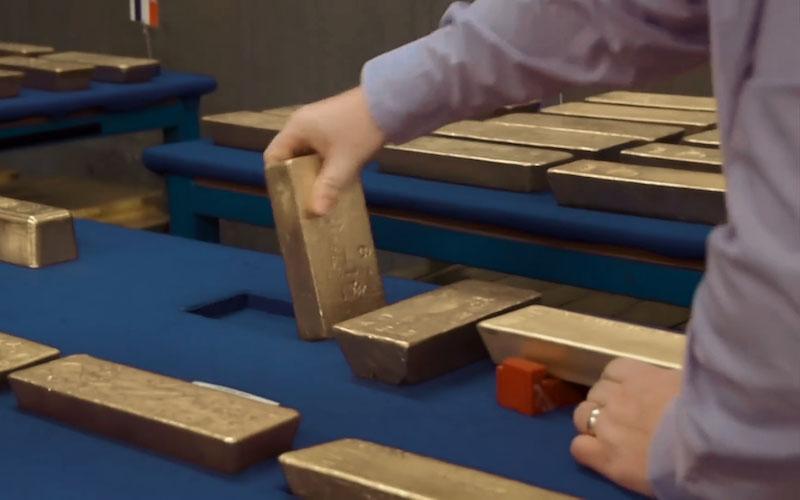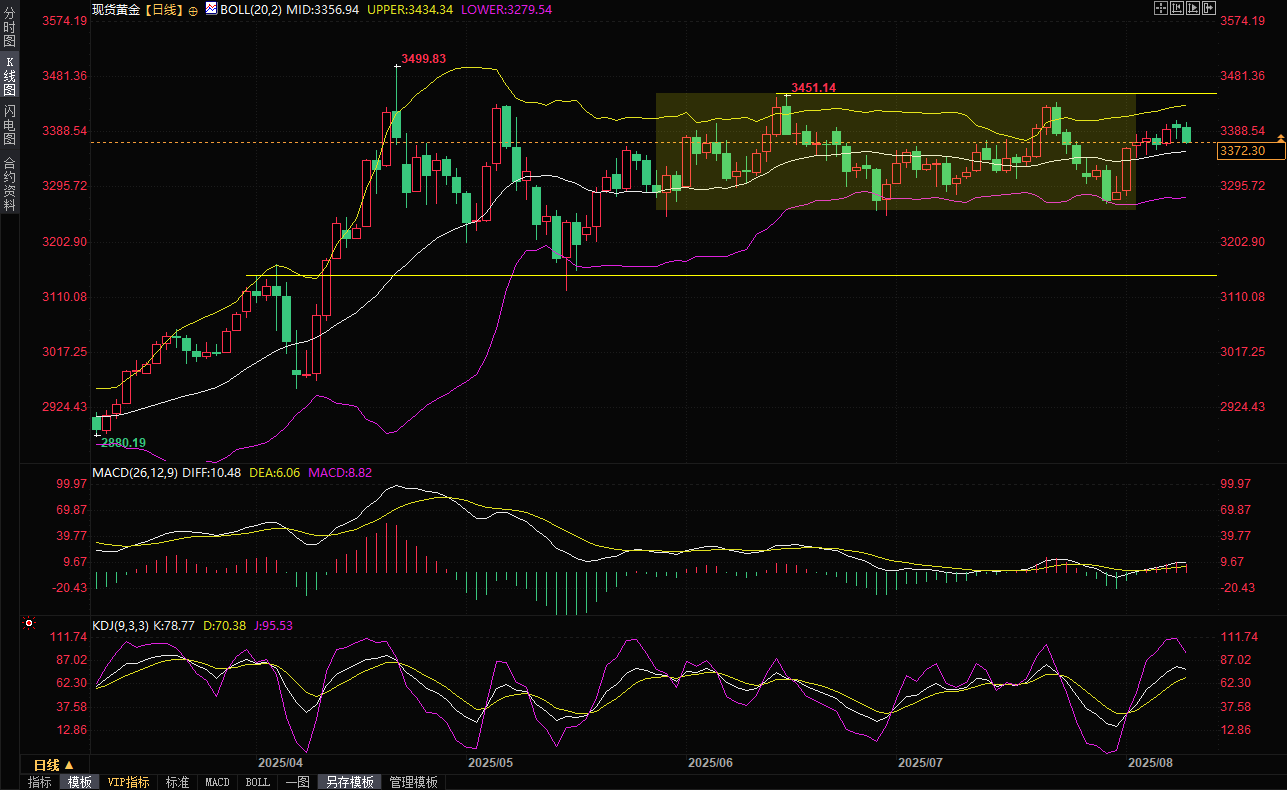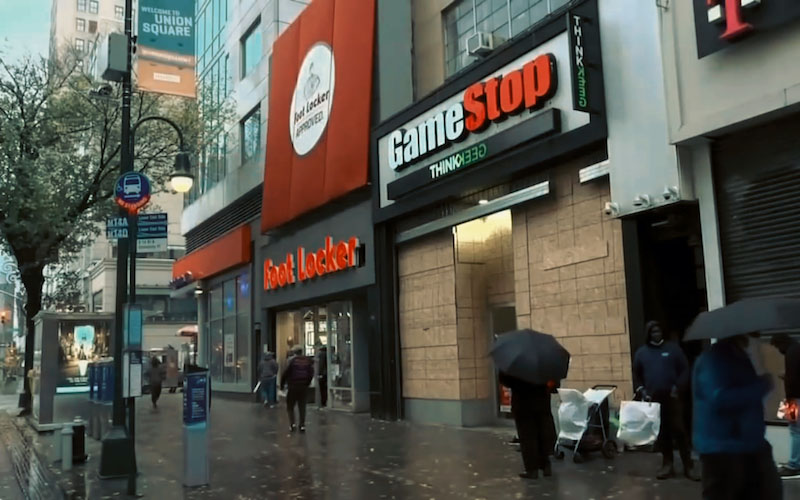The EU and NATO are backing Ukraine, and Zelensky is desperate to secure a spot at the Trump-Putin summit. Gold prices have plunged by over $20.
2025-08-11 09:21:02

Ukraine's concerns: being excluded from ceasefire talks
Since the outbreak of the Russo-Ukrainian war, Ukraine has been in the international spotlight. Recently, former US President Trump announced that he would hold a summit with Russian President Vladimir Putin in Alaska on August 15th to discuss a possible end to the Russo-Ukrainian conflict. However, this news has caused concern in Ukraine. Trump has repeatedly stated publicly that a peace agreement could be reached through a "territorial swap," sparking deep concerns in Ukraine about being forced to cede territory. Even more worrying is the Kremlin's explicit statement that Putin has no current plans to meet with Zelenskyy, stating that the conditions are "far from ripe." This means that Ukraine may not be able to directly participate in the negotiations that will determine its own fate.
Zelenskyy remained resolute. He publicly stated that any peace agreement without Ukraine's participation would be "stillborn" and unable to be truly implemented. As a direct victim of the war, Ukraine's sovereignty and territorial integrity must be respected. Zelenskyy's tough stance served not only as a warning to Trump and Putin but also as an appeal to the international community: Ukraine's voice cannot be ignored.
Europe and NATO's unwavering support
At this critical moment, European countries and NATO quickly stood up to Ukraine. On August 10, the leaders of the United Kingdom, France, Germany, Italy, Poland, Finland, and the European Commission issued a joint statement emphasizing that any diplomatic solution must prioritize the protection of Ukraine and Europe's security interests. EU High Representative for Foreign Affairs and Security Policy Kaja Kallas further noted that the United States has unique influence in pushing Russia into serious negotiations, but any agreement between the US and Russia must incorporate the views of Ukraine and the EU. She emphasized that this is not only at stake for Ukraine's future, but also for the entire European security landscape.
NATO Secretary-General Mark Rutte expressed a similar stance in an interview with ABC News. He described the upcoming Trump-Putin summit as a "test for Putin," examining his genuine willingness to end this "horrific war." Rutte emphasized that any agreement must recognize Ukraine's sovereignty and allow Ukraine to determine its own geopolitical future. Citing the history of the Baltic states after World War II, he noted that while an agreement might involve "de facto recognition" of Russian control over parts of Ukrainian territory, it must not legally recognize such control in order to uphold international law and Ukraine's legitimate rights and interests.
Trump's stance and the prospects for the summit
As one of the leaders of the summit, Trump's stance has drawn considerable attention. He has previously expressed openness to Zelenskyy's participation, but the summit plan currently focuses primarily on bilateral talks between the US and Russia. Trump has adopted a tough stance toward Russia in recent years, threatening new sanctions to pressure it to cease its warlike behavior. His proposed "territorial swap," while seen as a possible solution to a quick end to the war, has sparked strong reactions in Ukraine and its European allies. Ukraine fears that such a swap could mean ceding territory and harming its national interests.
The White House has revealed that Trump's team is preparing for the summit, but the specific agenda and outcomes remain unclear. Trump, known for his pragmatic and transactional negotiating style, may attempt to force concessions from Russia through economic and diplomatic pressure. However, any agreement involving territorial issues is likely to spark international controversy, particularly among Ukraine and European countries, who believe such a solution must be fully negotiated and not unilaterally imposed.
Expectations and challenges of the international community
The Trump-Putin summit is undoubtedly the focus of global attention. It not only determines the trajectory of the Russia-Ukraine conflict but also has the potential to have profound implications for the geopolitical landscape of Europe and beyond. Ukraine and its European allies hope to secure Ukraine's seat at the negotiating table through diplomatic efforts, while also avoiding any agreement that would undermine Ukraine's sovereignty and territorial integrity. Statements from NATO and the EU demonstrate that the international community remains steadfast in its support for Ukraine, but balancing the interests of all parties in the US-Russia-led negotiations remains a significant challenge.
Rutte mentioned in the interview that reaching an agreement might require flexible arrangements, such as finding compromises on security guarantees and territorial issues. However, he also stressed that Ukraine's will and choice must come first. Kallas called on the United States to use its influence to push Russia into meaningful negotiations while ensuring the participation of Ukraine and the European Union.
Summary: Ukraine's future is shaped by the game
As the Trump-Putin summit approaches, Ukraine stands at a historical crossroads. Zelenskyy's proactive diplomacy, the unwavering support of NATO and the EU, and Trump's tough stance together shape this complex game. Ukraine must not only defend its sovereignty and territorial integrity but also strive for a greater voice on the international stage. Regardless of the summit's outcome, Ukraine's voice must be heard, and Europe's security landscape will be profoundly impacted.
If the summit achieves progress and a ceasefire agreement is reached, geopolitical risks could be eased in the short term, leading to a decline in safe-haven demand. Gold prices fluctuated and weakened on Monday (August 11), hitting a low of $3,367.62 per ounce as of 09:10 AM, a drop of approximately 0.8%. However, Trump's proposal for a peace deal, potentially involving a "territorial swap," has sparked strong concerns among Ukraine and its European allies. Fears of further escalation of the Russia-Ukraine conflict or a breakdown in negotiations are likely to limit gold's decline. In the long term, global economic uncertainties (such as the US debt crisis and the central bank's gold buying spree) are expected to continue to support gold prices.

At 09:20 Beijing time, spot gold was trading at $3,372.39 per ounce.
- Risk Warning and Disclaimer
- The market involves risk, and trading may not be suitable for all investors. This article is for reference only and does not constitute personal investment advice, nor does it take into account certain users’ specific investment objectives, financial situation, or other needs. Any investment decisions made based on this information are at your own risk.





















